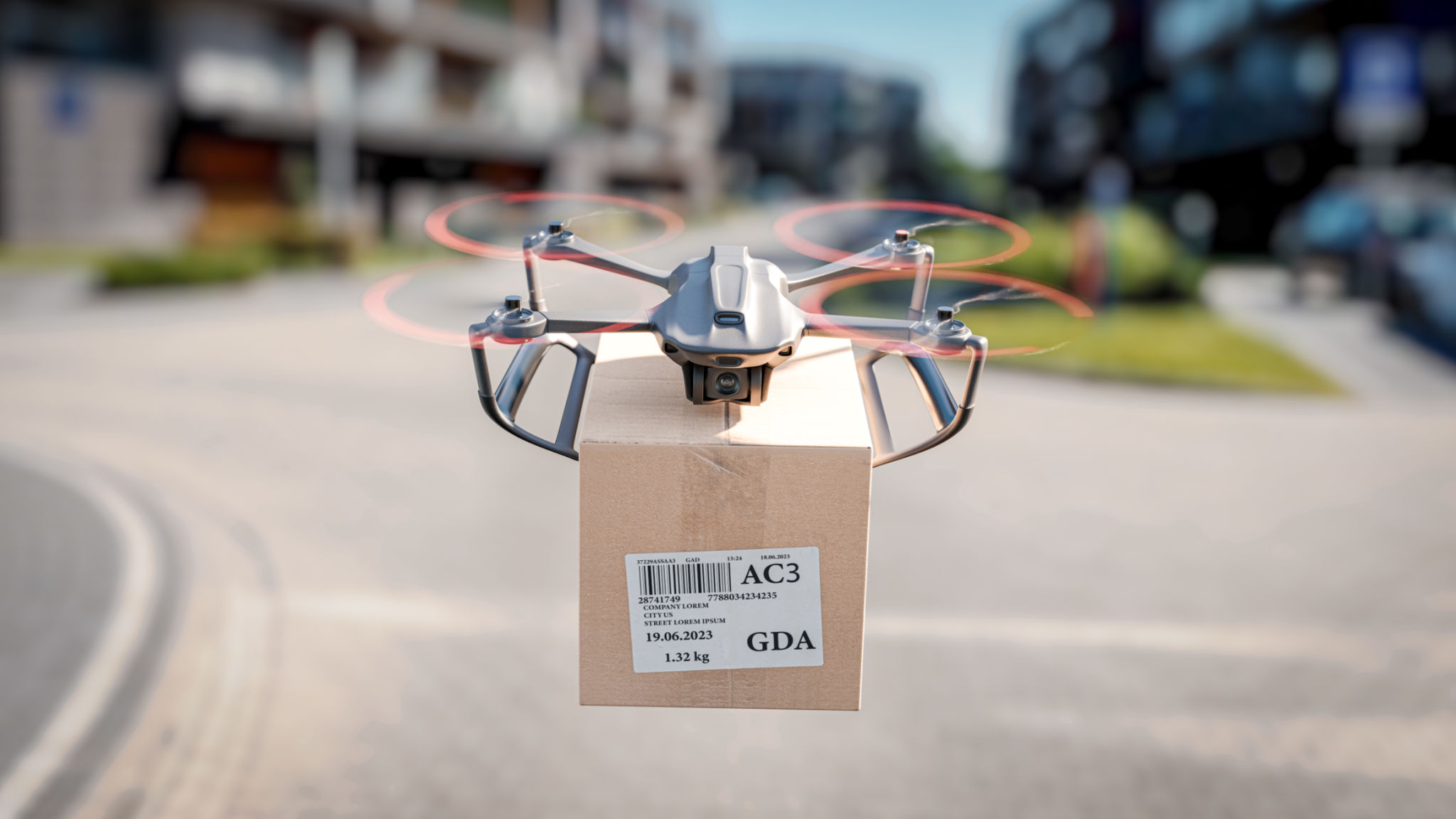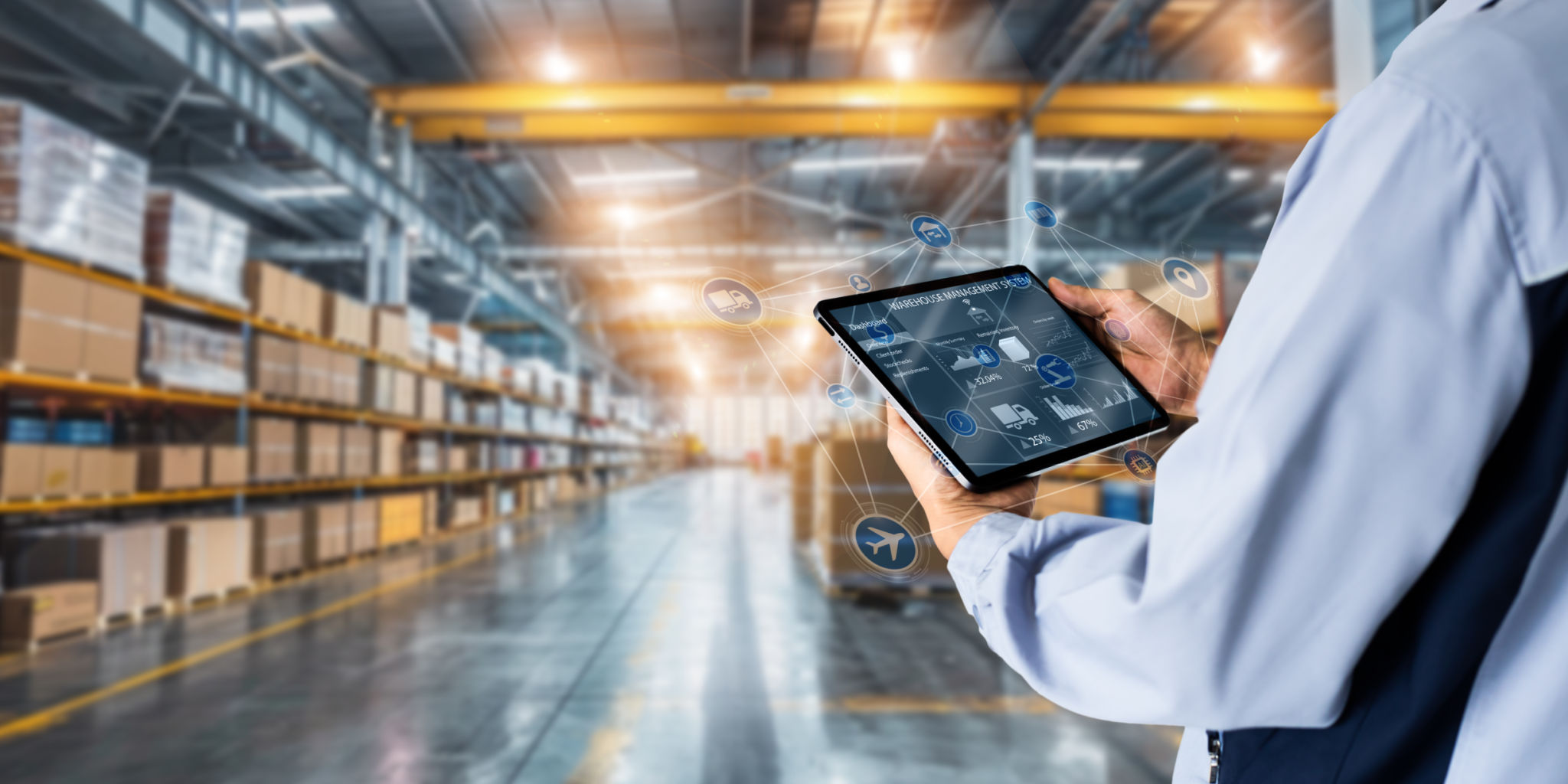Innovations in E-Commerce Fulfillment Services: Transforming Your Supply Chain Efficiency
The Evolution of E-Commerce Fulfillment
In recent years, the e-commerce sector has seen tremendous growth, which has necessitated significant advancements in fulfillment services. These innovations are not just about keeping up with demand but also about enhancing supply chain efficiency. As consumer expectations evolve, businesses must adapt by integrating cutting-edge technologies to maintain a competitive edge.
E-commerce fulfillment has transitioned from simple warehousing and shipping solutions to a complex system of logistics that incorporates automation, data analytics, and sustainable practices. By leveraging these innovations, companies can streamline operations, reduce costs, and improve customer satisfaction.

Automation in Fulfillment Centers
One of the most significant trends in e-commerce fulfillment is the increased use of automation. Automated systems, such as robotics and conveyor belts, have revolutionized how warehouses operate. These technologies allow for faster sorting, packaging, and shipping, leading to improved efficiency and accuracy.
Moreover, automation reduces human error and lowers labor costs. With robots handling repetitive tasks, human workers can focus on more complex operations, enhancing overall productivity. This shift not only speeds up processes but also ensures that orders are fulfilled more accurately and promptly.

Data-Driven Decision Making
Data analytics plays a crucial role in transforming e-commerce fulfillment. By utilizing big data, companies can gain insights into consumer behavior, inventory management, and delivery routes. These insights enable businesses to make informed decisions that enhance supply chain management.
Predictive analytics is particularly beneficial in forecasting demand and optimizing inventory levels. This ensures that products are available when needed, reducing stockouts and overstock situations. As a result, companies can minimize waste and maximize profitability.

The Role of Sustainability
Sustainability has become a key focus for many businesses looking to improve their fulfillment processes. Implementing eco-friendly practices not only benefits the environment but also appeals to environmentally conscious consumers. Companies are increasingly using sustainable packaging materials and optimizing delivery routes to reduce carbon emissions.
Additionally, some fulfillment centers are investing in renewable energy sources and energy-efficient technologies to lower their carbon footprint. These initiatives not only contribute to a healthier planet but also enhance brand reputation and customer loyalty.
Enhanced Delivery Options
The final leg of the supply chain—delivery—has seen numerous innovations aimed at improving customer experience. From same-day delivery to drone shipments, companies are exploring various methods to expedite the delivery process while keeping costs in check.
Flexible delivery options, such as click-and-collect or locker pickups, offer added convenience for consumers. These solutions not only enhance customer satisfaction but also reduce last-mile delivery challenges faced by traditional shipping methods.

Integrating Artificial Intelligence
Artificial Intelligence (AI) is being integrated into every aspect of e-commerce fulfillment to optimize operations further. AI-powered systems can analyze vast amounts of data to provide actionable insights that improve decision-making and operational efficiency.
AI is used for tasks such as demand forecasting, route optimization, and personalized customer service. By harnessing AI capabilities, companies can anticipate market trends, streamline logistics, and provide a more tailored shopping experience to their customers.

The Future of E-Commerce Fulfillment
The future of e-commerce fulfillment looks promising with continued advancements in technology. As businesses continue to innovate, we can expect even greater levels of efficiency and sustainability. The integration of blockchain technology for secure transactions and enhanced traceability is one such development on the horizon.
As these innovations continue to transform the industry, companies must stay informed and adaptable to maintain a competitive advantage. Embracing these changes will not only improve supply chain efficiency but also ensure long-term success in the dynamic world of e-commerce.
